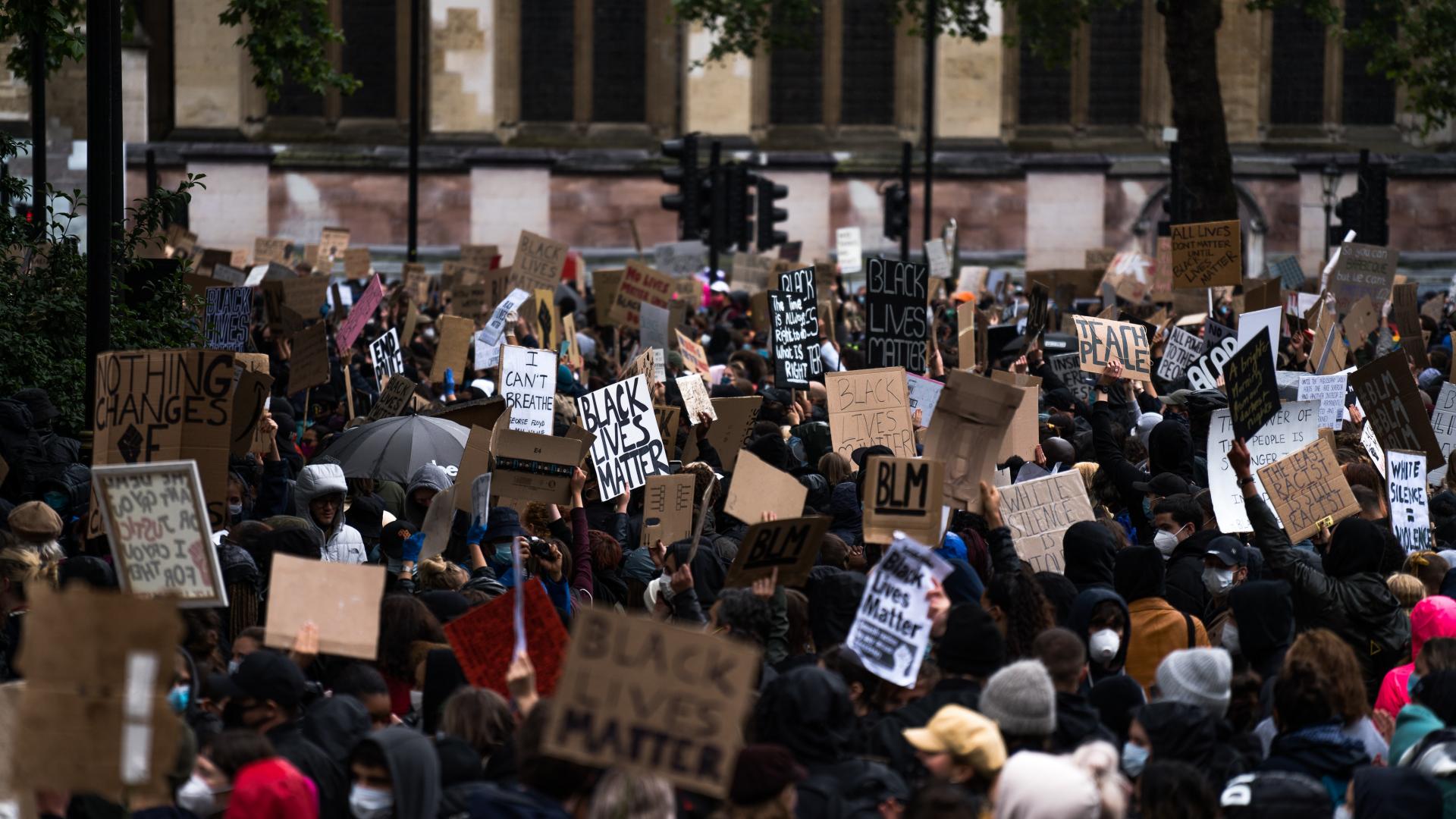Ben Roberts
A recent blog post to independent news and media site openDemocracy saw difficult accusations levelled at the charity sector. In it, Janey Starling, co-director at gender equality group Level Up, expresses her belief that the third sector’s interventions have become too muted to enact real change. As she puts it, charities have become too “respectable” to meet their potential role as disruptors against the austerity measures put into place over the past 12 years by the Tory government. The optics at play are clear, with the charity sector being presented as a bridge between the needs of the public and the provisions of the government, and we’ve been unable to reduce the distance we’re being made to stretch.
There are significant barriers that the sector faces in achieving change. Foremost recently has been the pandemic and the cost-of-living crisis. Members of the public are being forced into poverty and across the board charities are being met with enormous demand for their support, for instance with three times more individuals being recommended to attend food banks this year than in 2019. This is compounded by the effect that these crises have had on fundraising, with our data showing a pessimistic climate for giving this winter. With more to do and potentially less to spend, charities have had to prioritise fundraising and service provision, meaning large-scale campaigning may have had to take a backseat.
The article is fair to the sector in mentioning that campaigning for change has become more difficult thanks to efforts by the current government. In 2014, the Lobbying Act was introduced to put red tape in front of political efforts, defined as anything “seeking to influence election outcomes”. Last year, the Runnymede Trust fell victim to this following their criticism of the government’s race report, despite it being widely panned for being divisive and shallow. In reporting this think tank, a message was sent that a significant price may be exacted when organisations rock the boat politically. We can see why this is a widely supported act in our current government, with our data showing that Conservative MPs are half as likely as Labour MPs to consider campaigning for change a part of a charity’s role.
But the public are as hungry for change as charities are. More are joining in with protest and disruption movements, such as Black Lives Matter, Extinction Rebellion, and Just Stop Oil who today are demanding a direct line to politicians in exchange for a cessation to their disruption. This type of movement is attractive to those who wish to see immediate change, and as we’ve discussed surrounding the Ukraine crisis, the public are keen to take action but not necessarily through official channels. Charities, however, risk a lot by supporting disruption – both the risk of political backlash, and alienating core supporters.
So how can charities enact change in this climate? Well, many have been adopting hard-hitting messaging. Strong messaging in your media can show new supporters that your organisation is a strong advocate for its beneficiaries. This can be seen in these posts by charities responding with no shortage of passion to September’s mini budget. Getting impassioned supporters on board with your message allows you to harness the public’s enthusiasm for altruism, and alternative ways to engage supporters are available without asking for donations. You can encourage letter writing campaigns to politicians, demonstrations, or use your supporters’ platforms to boost your reach. A strong contingent of vocal supporters is the best way to make yourself heard.
More than anything though, charities ought to be trying to join in with collective efforts and speak with one voice. For example, ACEVO’s open letter to the PM in September saw huge voices from within the sector join to make demands of the government. Last month also saw a government consultation active to hear what the charity sector needs as relief during the upcoming months of high costs. Opportunities like this are vital for charities to unite in their message and demand the support that the government owes the sector that’s currently providing a huge element of support to the nation.
And if not, current polling suggests that we would get a new government in the event of a general election. It’s optimistic thinking, but this might bring with it some reversal to campaigning restrictions, MPs more willing to work with charities, and more support for the sector. Whether we see these hurdles removed or not, it’s clear to me that they are the real barrier to change, and not the intentions of the sector.
To access more of our research, consider downloading a briefing pack below.

